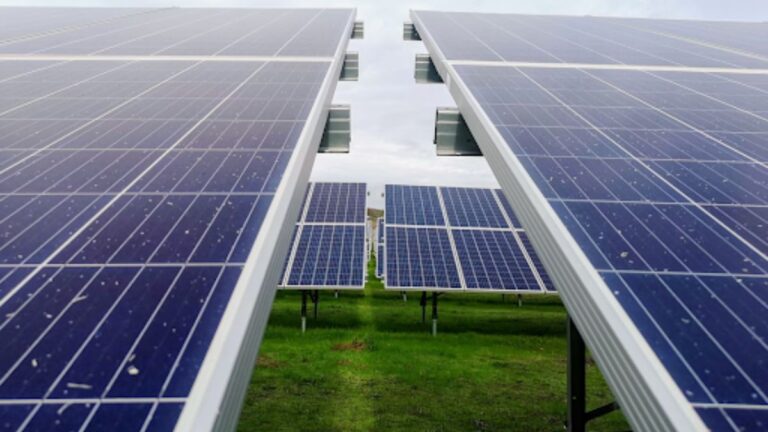Micro inverters are gradually gaining acceptance in residential solar systems, and their adoption is likely to increase in the future. Being one of the most important technologies that greatly improve the performance and stability of solar systems, micro inverters have several advantages over string inverters. This paper aims to provide a comprehensive analysis of why most of the solar inverter makers and suppliers are interested in micro inverter technology and its advantages in residential solar power systems.
Enhanced Performance
Another major benefit of micro inverters is that they are able to perform optimally even under conditions such as shading. Unlike conventional systems where a single shaded panel can affect the output of the entire string, micro inverters allow each panel to function on its own. This independence ensures that each panel in the array produces the maximum amount of energy possible regardless of the other panels.
Increased Energy Output
Micro inverters are popular for their efficiency in extracting the maximum power from each solar panel. This capability is especially valuable in residential applications where roof space is scarce and every watt matters. Micro inverters convert DC to AC directly at each panel, thus minimizing energy loss and maximizing system efficiency, which makes them ideal for homeowners who want to maximize the return on their investment.
Improved System Reliability
The use of micro inverters makes the solar power system more reliable due to the decentralized system. Micro inverters also have the advantage of not being affected by the failure of a single panel or inverter hence reducing the time that the system might take to be repaired or maintained. This aspect is particularly attractive to solar inverter suppliers and homeowners since it guarantees stable power output and minimal maintenance expenses in the long run.
Simpler Installation
Micro inverters make installation easier because each inverter is connected to one panel. This modularity also has the advantage of making installation faster and easier while also providing more freedom in the design of the system. Homeowners can install a small system and then add more as the demand and the financial capabilities increase. This scalability is one of the reasons why many solar inverter manufacturers are pushing for the use of micro inverter-based systems in residential applications.
Monitoring and Control
The other advantage of micro inverters is that they offer better monitoring opportunities. It is easy for homeowners to track the performance of each panel, which makes it easier to diagnose and fix problems. This level of detail is very useful in managing the efficiency of the system and to be able to identify problems immediately. Improved data tracking also enables the manufacturers of solar inverters to provide better support and services to the customers, based on the installation requirements.
In sum, in the ever-developing solar industry, micro inverters are one of the technologies that can bring significant advantages to residential solar systems. With more manufacturers of solar inverters improving and popularizing this technology, the trend towards the use of micro inverters is expected to grow, thus changing the landscape of the residential solar market.
